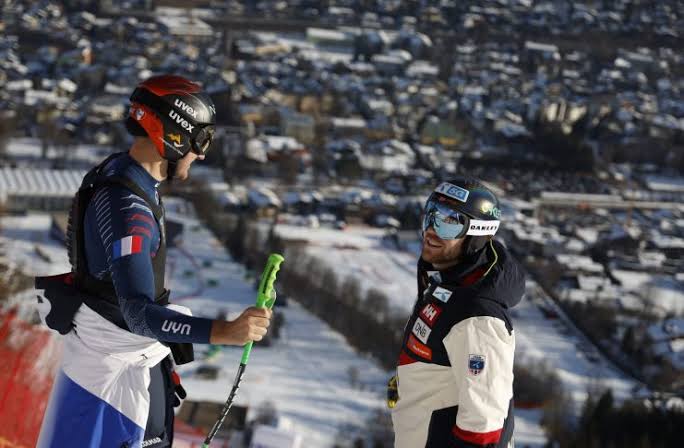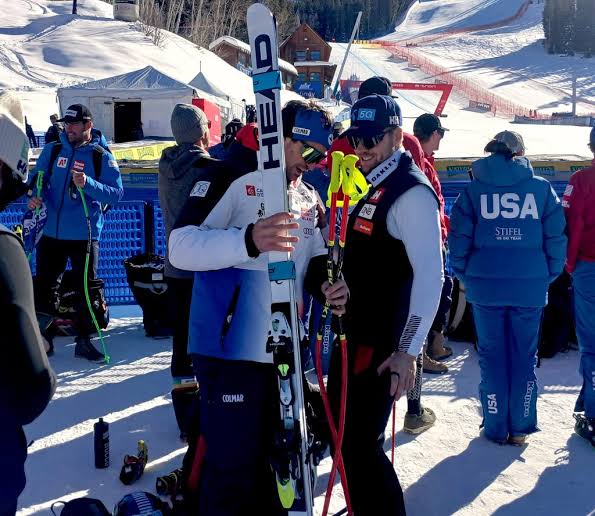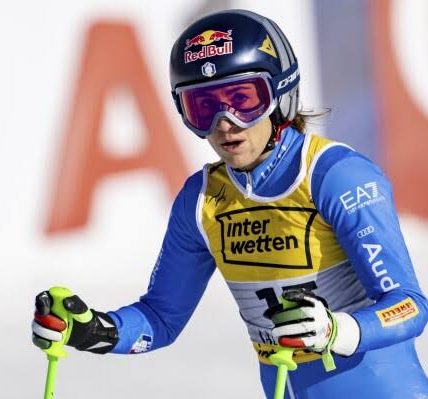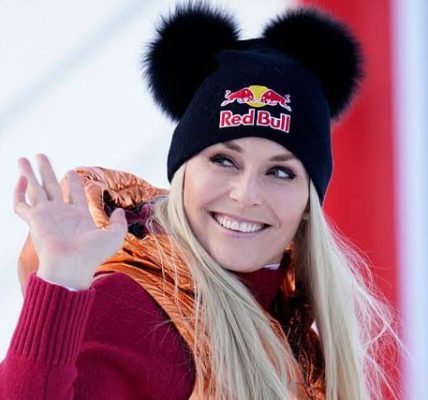Aleksander Aamodt Kilde is Out of World Skiing…..
In the world of alpine skiing, few athletes have captured the imagination of fans and analysts alike quite like Aleksander Aamodt Kilde. Known for his exceptional skill, fearless runs, and charismatic personality, Kilde has etched his name into the annals of skiing history. However, recent reports suggest that Kilde might be stepping away from competitive skiing, raising questions about the future of the sport and the void his absence would leave.
#### The Rise of an Alpine Legend
Born in Norway in 1992, Aleksander Aamodt Kilde emerged as a prodigy on skis at a young age. His breakthrough came during the 2014-2015 season, but it was in the subsequent years that he truly established himself as a dominant force. Kilde’s technical prowess and versatility allowed him to excel across multiple disciplines, including downhill, super-G, and combined events.

His career highlights include multiple World Cup victories, World Championship medals, and a shining performance at the Winter Olympics. Kilde’s aggressive style and strategic racing made him a fan favorite, and he was often seen as Norway’s top hope for Olympic gold. His consistency and resilience in high-pressure situations earned him respect from competitors and fans worldwide.
#### The Impact of Kilde’s Absence
If Kilde is truly out of world skiing—whether due to injury, retirement, or other reasons—the impact on the sport would be profound. For one, Norway, which has a storied history in alpine skiing, would lose one of its most prominent athletes. His absence would create a significant gap in the competitive landscape, especially in disciplines where he was a perennial contender.
Beyond the competitive aspect, Kilde’s presence helped elevate the sport’s profile. His charismatic personality, combined with his daring runs, drew media attention and inspired a new generation of skiers. Without him, the sport might experience a temporary dip in viewership and global interest, particularly among younger audiences who looked up to him as a role model.
Moreover, Kilde’s departure could shift the balance of power among the top athletes. New stars would have the opportunity to emerge, but the existing hierarchy would be disrupted. This transition phase could lead to a period of unpredictability, which might be exciting for fans but challenging for organizers and sponsors seeking stability and consistent stars.
#### The Broader Context: Challenges Facing World Skiing
Kilde’s potential exit also underscores the broader challenges facing alpine skiing. The sport, traditionally rooted in winter nations like Norway, Austria, and Switzerland, has been grappling with issues such as climate change, which threatens snow reliability and ski season lengths. Rising temperatures have led to more unpredictable conditions, impacting training and competition schedules.
Additionally, the physical toll of alpine skiing is significant. Athletes often face injuries, and the intense competition can lead to burnout. The sport’s governing bodies are continually seeking ways to improve safety and extend athletes’ careers, but the inherent risks remain.
In this context, Kilde’s departure could serve as a catalyst for discussions about the future of the sport. How can alpine skiing adapt to a changing climate? What measures can be taken to ensure athlete health and longevity? And how can the sport retain its appeal in a crowded sporting landscape?
#### Legacy and Inspiration
While the hypothetical scenario of Kilde being out of skiing paints a somber picture, it also prompts reflection on his legacy. His achievements have already cemented him as one of the greats in modern alpine skiing. His fearless approach and innovative techniques will likely influence future generations.
Kilde’s story exemplifies resilience and passion. Despite setbacks and fierce competition, he maintained a relentless drive to succeed. His influence extends beyond the snow—he has been a symbol of Norwegian skiing excellence and a global ambassador for the sport.
In the wake of his absence, aspiring skiers will look to his career as a blueprint for success. Coaches and sports organizations may analyze his techniques and mental approach to foster new talent. His popularity has also helped attract sponsorships and media coverage, which are vital for the sport’s growth.
#### Moving Forward: The Future of Alpine Skiing
Although Kilde’s potential exit marks the end of an era, it also opens the door for renewal and innovation. Young athletes from emerging nations could step into the spotlight, bringing fresh styles and perspectives to the sport. Technology and training methods will continue to evolve, making competition more thrilling and dynamic.
The alpine skiing community must also rally together to address the challenges ahead. Investments in sustainable snowmaking, climate change mitigation, and athlete health will be crucial. Moreover, promoting diversity and inclusion can expand the sport’s reach and ensure its vitality in the years to come.
#### Conclusion
Aleksander Aamodt Kilde’s potential departure from world skiing would undoubtedly be a significant turning point in the sport’s history. His contributions have elevated alpine skiing to new heights, inspiring countless fans and athletes. While his absence would create a void, it also presents an opportunity for renewal and growth.
The sport’s future depends on how the skiing community adapts to these changes—embracing new talent, leveraging technology, and advocating for sustainable practices. As fans, we can celebrate Kilde’s remarkable career and look forward to the next chapter in alpine skiing, hopeful that the spirit of innovation and resilience he exemplified will continue to define the sport for generations to come.
—
If you’d like a different tone or focus, please let me know!




